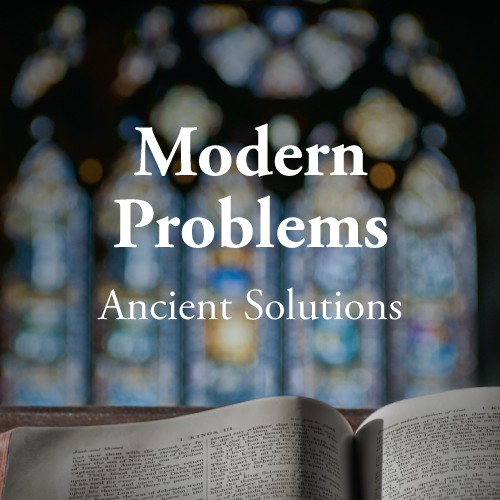
The Problem of Materialism
Tim Keller | November 14, 1993
Overview
Jesus’ teaching about money here is triggered by an event: a Pharisee gets upset that Jesus didn’t wash his hands before he ate his food.
The ceremonial washings of the Old Testament were visual aids for the idea that you need to approach God with a clean heart. But the Pharisees had turned religion into a matter of externalities. Jesus slams that whole idea. He refuses to emphasize the external over the internal, but he also refuses to pit the external against the internal. Instead, Jesus says true religion is living externally out of an inner reality.
Jesus applies this to the issue of financial giving, teaching us three things about our attitude toward our possessions and our giving: 1) there’s an external aspect, 2) there’s an internal aspect, and 3) there’s a spiritual motor that energizes and drives both.
Related
This Month's Featured Book
Putting Our Hope in the One True God
In his book, Walking with God through Pain and Suffering, Tim Keller looks at the problem of pain and suffering through a biblical lens as he works through the challenge of one of life’s most difficult questions: Why does God allow so much pain and suffering?




